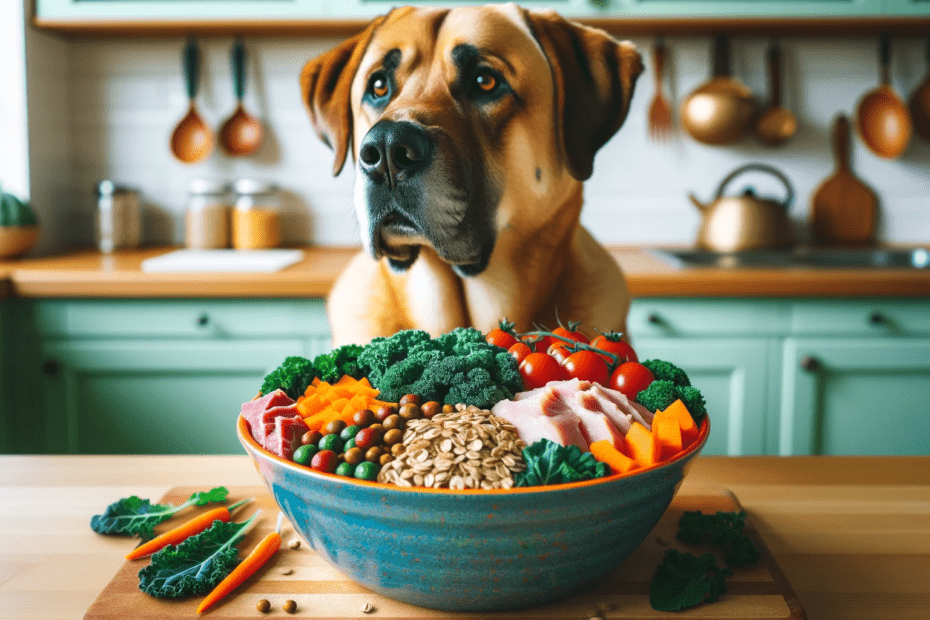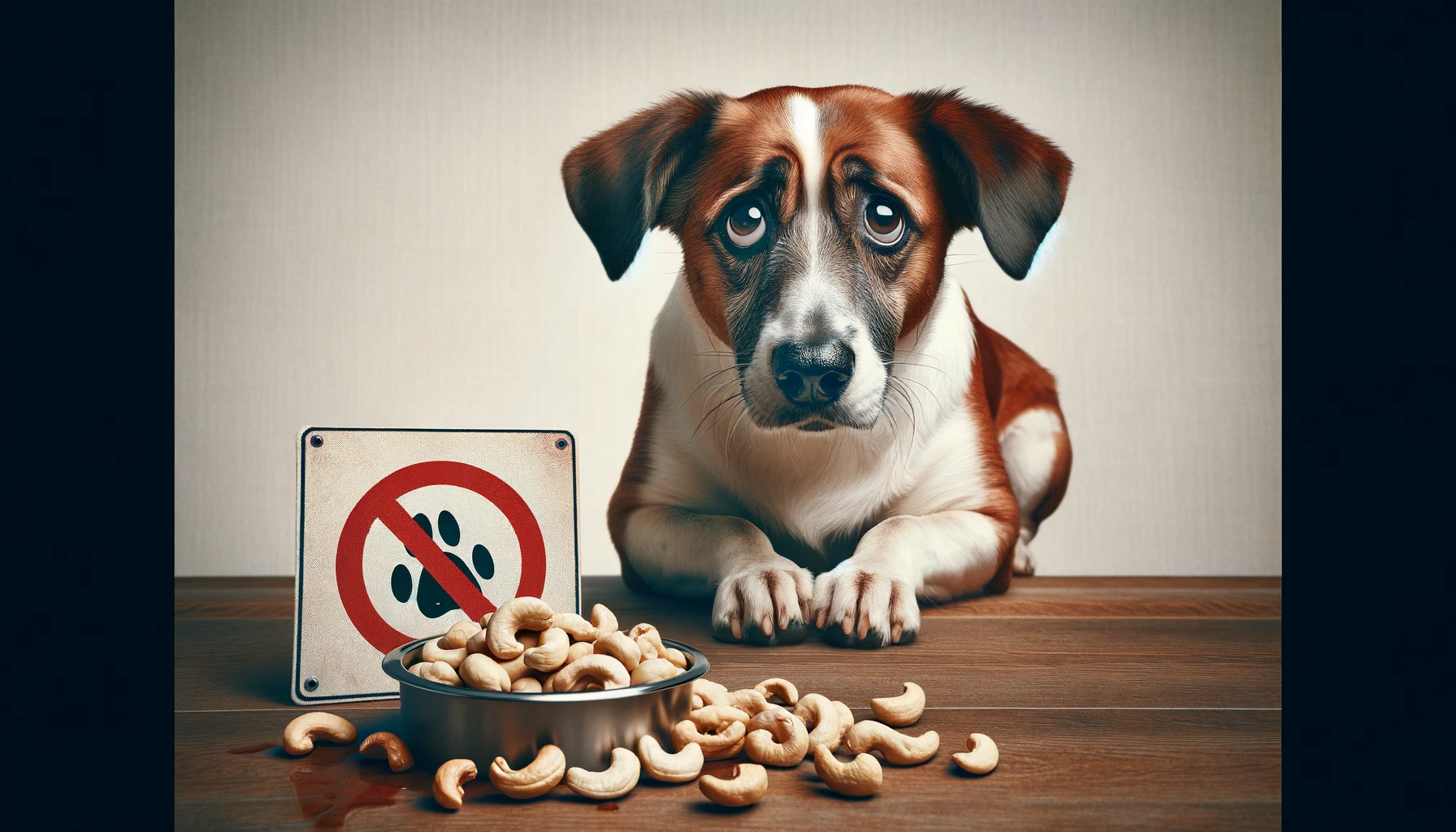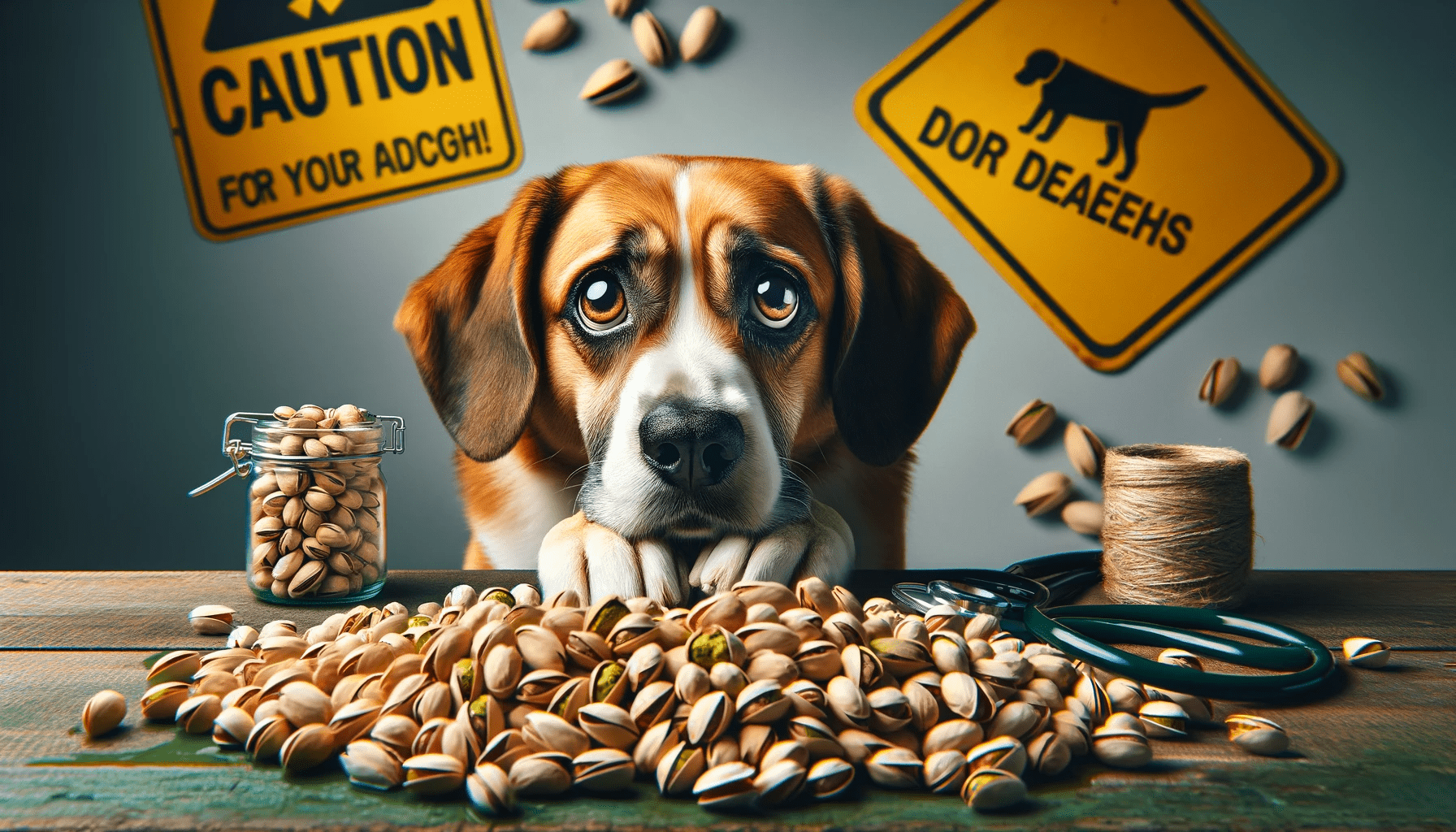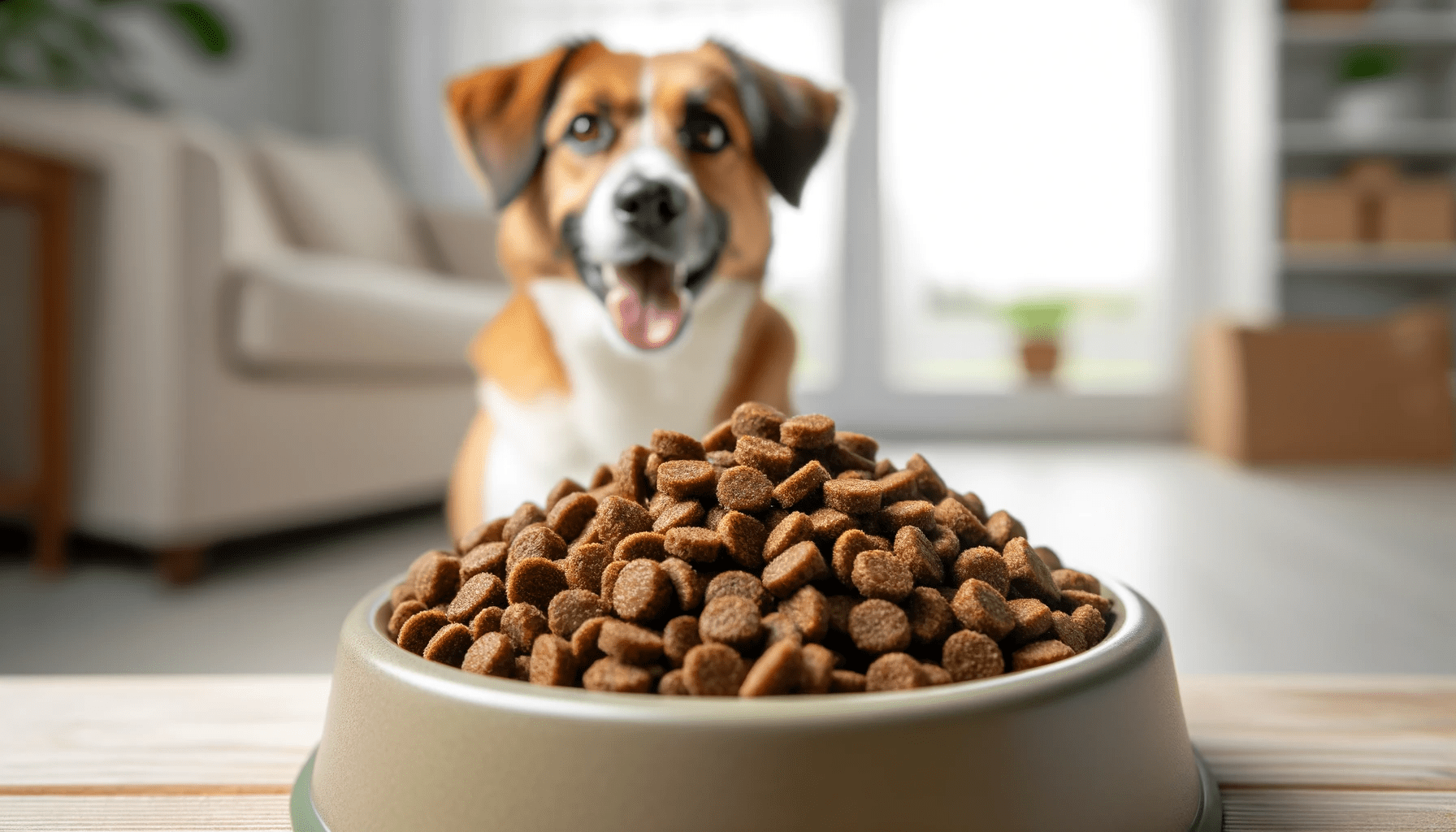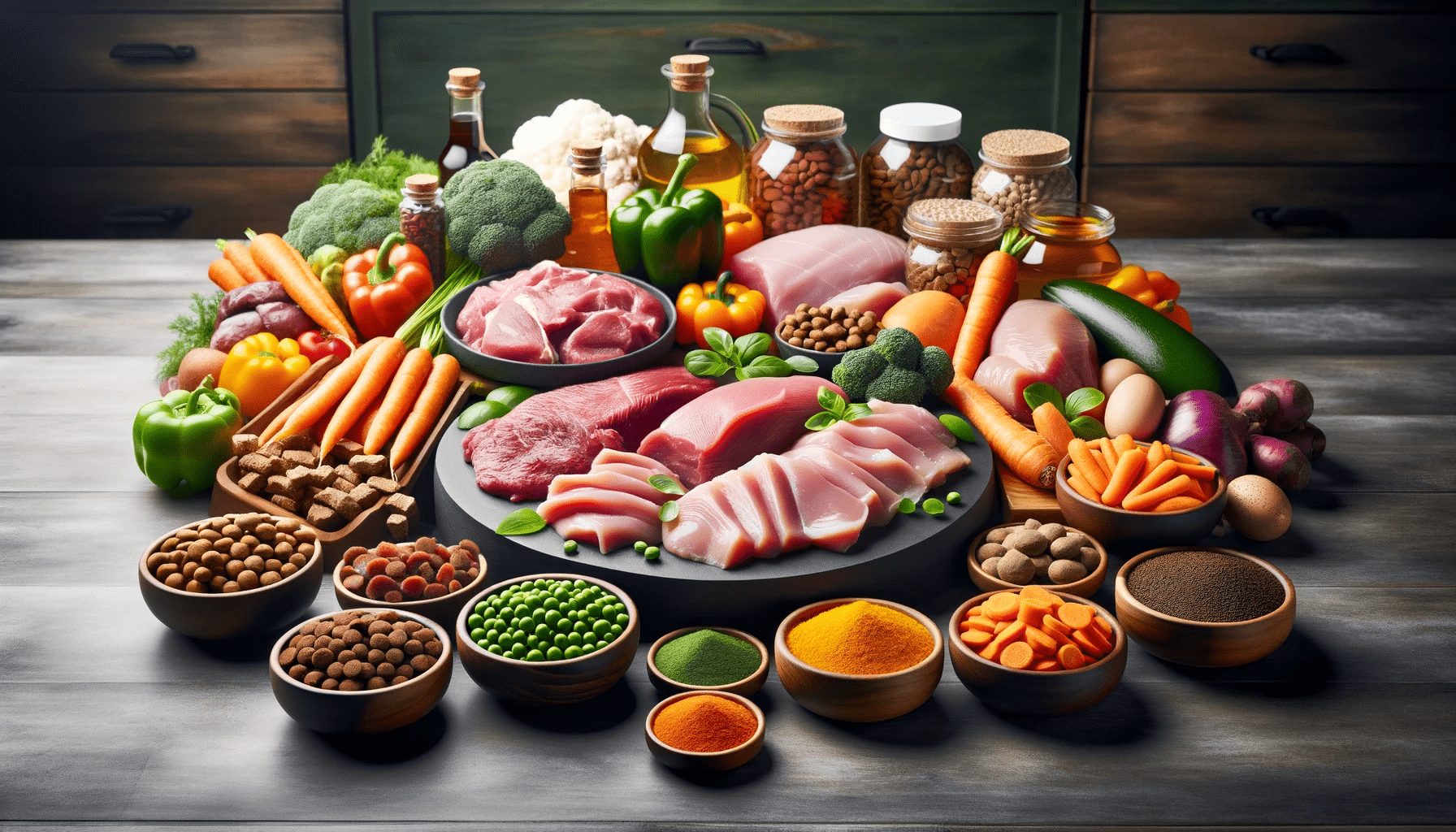Looking to keep your furry friend healthy and happy? Discover the best nutrition tips for a healthy dog.
A balanced diet is crucial, providing essential nutrients for optimal health. Control portions and establish a feeding schedule while choosing high-quality dog food.
Incorporate fresh fruits and vegetables for added nutritional benefits. Beware of harmful foods and ingredients, and consider supplementing with omega-3 fatty acids.
Follow these practical tips to ensure your dog's well-being and longevity.
Key Takeaways
- A balanced diet with essential nutrients is important for a healthy dog's optimal health, growth, development, and immune function.
- Portion control and a feeding schedule are necessary to prevent overeating and obesity, while choosing high-quality dog food is essential.
- Fresh fruits and vegetables can enhance a dog's nutritional intake, but they should be introduced gradually and prepared safely.
- It is important to avoid toxic foods and harmful ingredients such as chocolate, grapes, onions, garlic, alcohol, avocado, artificial sweeteners, excessive salt and sodium, preservatives, artificial colors, and excessive fat.
Importance of Balanced Diet
To ensure your dog's optimal health, it's essential to provide them with a well-balanced diet on a daily basis. A balanced diet for dogs includes all the necessary nutrients in the right proportions to support their overall health and well-being. Nutrition plays a vital role in their growth, development, and immune function.
A balanced diet ensures that your dog receives the right amount of proteins, carbohydrates, fats, vitamins, and minerals. Proteins are essential for building and repairing tissues, while carbohydrates provide energy. Fats are a concentrated source of energy and play a role in hormone production. Vitamins and minerals are necessary for various physiological processes, such as bone health, immune function, and metabolism.
Feeding your dog a balanced diet helps maintain a healthy weight, prevents nutritional deficiencies, and reduces the risk of chronic diseases. It also supports their digestion, promotes a shiny coat, and strengthens their immune system, enabling them to better fight off infections and diseases.
When planning your dog's diet, consult with a veterinarian or a professional pet nutritionist to ensure you meet their specific nutritional needs. They can provide guidance on portion sizes, appropriate food choices, and any dietary restrictions your dog may have.
Essential Nutrients for Dogs
Ensuring your dog's optimal health requires providing them with a well-balanced diet, which includes essential nutrients for their growth, development, and overall well-being. Meeting your dog's dietary needs involves understanding the essential nutrients they require.
Here are three key nutrients that are vital for your dog's health:
- Protein: Protein is essential for your dog's muscle development, tissue repair, and overall growth. It's also a source of energy. High-quality protein sources such as lean meats, fish, and eggs should be included in your dog's diet.
- Fat: Fat is a concentrated source of energy and provides essential fatty acids that support your dog's skin and coat health. It also helps with nutrient absorption and hormone production. Including healthy fats from sources like fish oil and flaxseed oil can help meet your dog's fat requirements.
- Vitamins and Minerals: Vitamins and minerals play crucial roles in your dog's overall health and well-being. They're involved in various physiological processes, such as bone development, immune function, and energy metabolism. To ensure your dog receives an adequate amount of vitamins and minerals, provide them with a balanced diet that includes a variety of fruits, vegetables, and whole grains.
Portion Control and Feeding Schedule
When it comes to keeping your dog healthy, it's important to establish a proper portion control and feeding schedule. Portion control refers to the practice of providing your dog with the right amount of food, while a feeding schedule establishes regular meal times. Both of these practices have significant benefits for your dog's health and well-being.
Portion control benefits your dog in several ways. It helps prevent overeating and obesity, which can lead to various health issues such as diabetes, joint problems, and heart disease. By providing the appropriate amount of food, you ensure that your dog receives the necessary nutrients without excessive calorie intake. Additionally, portion control can help maintain a healthy weight, which is crucial for your dog's overall health and longevity.
Establishing a feeding routine is equally important. Dogs thrive on routine, and having regular meal times can help them feel secure and balanced. A consistent feeding schedule also aids in digestion and prevents gastrointestinal discomfort. Moreover, it helps you monitor your dog's appetite and detect any changes in eating habits, which may indicate underlying health issues.
To establish a proper portion control and feeding schedule, consult with your veterinarian. They can provide guidance on the appropriate portion sizes for your dog's breed, age, weight, and activity level. Remember to always use a measuring cup to accurately portion out your dog's food. Additionally, stick to a consistent feeding schedule and avoid free-feeding to promote a healthy eating routine.
Choosing High-Quality Dog Food
Selecting high-quality dog food is essential for maintaining your dog's health and well-being. When it comes to choosing the right dog food for your furry friend, it's important to consider several factors. Here are some key tips to keep in mind when selecting dog food:
- Look for reputable dog food brands: Opt for well-known brands that have a good reputation for producing high-quality dog food. These brands often have rigorous quality control measures in place to ensure the safety and nutritional value of their products.
- Read the labels: Take the time to carefully read and understand the labels of dog food products. Look for ingredients that provide essential nutrients, such as protein, fats, carbohydrates, vitamins, and minerals. Avoid dog foods that contain excessive fillers, artificial additives, or preservatives.
- Consider your dog's specific needs: Different dogs have different nutritional requirements based on factors such as age, size, breed, and activity level. Consult with your veterinarian to determine the specific dietary needs of your dog and choose a dog food that meets those requirements.
Incorporating Fresh Fruits and Vegetables
To enhance your dog's nutritional intake, consider incorporating fresh fruits and vegetables into their diet. Adding these natural ingredients to your dog's meals can provide numerous benefits to their overall health. One of the main advantages of homemade dog food is that you have control over the ingredients, ensuring that your furry friend receives all the necessary nutrients. Fresh fruits and vegetables are packed with essential vitamins, minerals, and antioxidants that can support your dog's immune system, promote healthy digestion, and improve their overall well-being.
When introducing new foods to your dog, it's important to do so gradually. Start by adding small amounts of fruits and vegetables to their regular meals and monitor their reaction. This will allow their digestive system to adjust and prevent any potential digestive upsets. Be sure to choose dog-friendly fruits and vegetables such as apples, bananas, blueberries, carrots, and green beans. Avoid feeding your dog grapes, raisins, onions, garlic, and avocados, as these can be toxic to dogs.
Remember to wash and prepare the fruits and vegetables properly before serving them to your dog. Remove any seeds, pits, or skins that may pose a choking hazard or contain harmful substances. Additionally, consult with your veterinarian to ensure that the fruits and vegetables you plan to incorporate into your dog's diet are safe for their specific breed and health condition.
Avoiding Harmful Foods and Ingredients
To ensure the health of your dog, it's crucial to be aware of the dangerous foods that should be avoided and the harmful ingredients that can potentially harm your pet.
Chocolate, grapes, onions, and garlic are some examples of foods that can be toxic to dogs. Additionally, ingredients like artificial sweeteners, xylitol, and high levels of sodium should also be avoided.
It's important to educate yourself on these harmful foods and ingredients to provide your dog with healthy alternatives and prevent any potential health issues.
Dangerous Food for Dogs
Avoid feeding your dog potentially harmful foods and ingredients to ensure their health and well-being. It's important to be aware of the foods to avoid as they can be toxic to dogs. Here are three dangerous foods you should keep away from your furry friend:
- Chocolate: This sweet treat contains theobromine, a compound that can be toxic to dogs. It can lead to symptoms like vomiting, diarrhea, rapid breathing, and even seizures.
- Grapes and raisins: These fruits, although healthy for humans, can cause kidney failure in dogs. Even small amounts can be dangerous, so it's best to avoid them altogether.
- Onions and garlic: These common ingredients can cause damage to a dog's red blood cells, leading to anemia. Whether in raw, cooked, or powdered form, onions and garlic should be kept away from your canine companion.
Harmful Ingredients to Avoid
Ensure the well-being of your furry companion by steering clear of potentially harmful ingredients in their diet.
To keep your dog healthy, it's important to be aware of the harmful ingredients to avoid. One common food additive to steer clear of is artificial sweeteners, such as xylitol, which can be toxic to dogs and cause a dangerous drop in blood sugar levels.
Another ingredient to avoid is chocolate, as it contains theobromine, which is toxic to dogs and can cause symptoms like vomiting, diarrhea, and even seizures.
Additionally, foods high in salt and sodium should be avoided, as they can lead to dehydration and kidney problems.
It's also important to avoid foods with added preservatives and artificial colors, as they can be detrimental to your dog's health.
Healthy Alternatives for Dogs
Choose healthy alternatives for your dog's diet to promote their overall well-being. Providing your furry friend with nutritious options can help maintain their health and prevent potential health issues. Here are three options for healthy alternatives to include in your dog's diet:
- Healthy treats: Instead of processed treats that may contain harmful ingredients, opt for natural and nutritious alternatives. Look for treats made with real meat, fruits, and vegetables, as they can provide essential vitamins and minerals.
- Homemade dog food: Consider preparing homemade meals for your dog using fresh and wholesome ingredients. This allows you to have control over the ingredients and ensures that your dog receives a balanced and nutritious diet.
- Raw food diet: Some dog owners choose to feed their pets a raw food diet, consisting of uncooked meat, bones, and vegetables. This diet can provide natural enzymes, proteins, and nutrients that can benefit your dog's overall health.
Remember to consult with your veterinarian to ensure that any dietary changes meet your dog's specific nutritional needs.
Supplementing With Omega-3 Fatty Acids
Include omega-3 fatty acids in your dog's diet for optimal health. Omega-3 fatty acids are essential nutrients that provide numerous benefits for dogs. They play a crucial role in brain development, maintaining a healthy coat and skin, reducing inflammation, and supporting a strong immune system.
The benefits of omega-3 for dogs are vast. These fatty acids have been shown to improve cognitive function and enhance learning abilities in dogs. They also help reduce symptoms of arthritis and joint pain, making them particularly beneficial for older dogs or those with joint issues. Omega-3 fatty acids have anti-inflammatory properties, which can help alleviate itchy skin, allergies, and other skin conditions.
When it comes to the recommended omega-3 dosage for dogs, it's important to consult with your veterinarian. The appropriate dosage can vary depending on your dog's size, breed, and overall health. Typically, a daily dose of 20-50 mg of omega-3 fatty acids per pound of body weight is recommended for dogs. However, it's essential to follow your veterinarian's advice to ensure the correct dosage for your furry friend.
To incorporate omega-3 fatty acids into your dog's diet, you can choose from various sources. Fish oil supplements and fatty fish like salmon, mackerel, and sardines are excellent sources of omega-3. Alternatively, you can opt for specially formulated dog food that contains added omega-3 fatty acids.
Frequently Asked Questions
Can I Feed My Dog a Vegetarian or Vegan Diet?
You can feed your dog a vegetarian or vegan diet, but it's important to make sure they are getting all the necessary nutrients. Consult with a veterinarian and consider vegetarian or vegan dog food options.
How Often Should I Give My Dog Treats, and What Types of Treats Are Best?
You should give your dog treats in moderation, as frequent treats can lead to weight gain and other health issues. Opt for healthy options like small pieces of fruits or vegetables to maintain their overall well-being.
Is It Safe to Give My Dog Raw Food or a Raw Food Diet?
It's important to consider the pros and cons of a raw food diet for dogs. While it can provide benefits like improved dental health, there are also potential risks such as bacterial contamination. Similarly, feeding dogs a vegetarian or vegan diet has benefits like reducing environmental impact, but it may require careful planning to ensure all nutritional needs are met.
Are Grain-Free Diets Beneficial for Dogs?
Grain-free diets have been a topic of controversy when it comes to canine health. Some studies suggest a possible link between grain-free diets and heart disease in dogs, but more research is needed for a conclusive answer.
Can I Feed My Dog Homemade Meals Instead of Commercial Dog Food?
Feeding homemade meals to dogs can have pros and cons. It allows you to control the ingredients, but ensuring proper nutrition can be challenging. Consult a veterinarian to ensure your homemade dog diet meets all nutritional requirements.
Conclusion
In conclusion, providing a balanced and nutritious diet is essential for maintaining the health and well-being of your dog. This includes feeding them high-quality dog food, incorporating fresh fruits and vegetables, and avoiding harmful ingredients.
Additionally, supplementing their diet with omega-3 fatty acids can have numerous benefits. By following these nutrition tips, you can ensure that your dog receives the necessary nutrients for a healthy and happy life.
